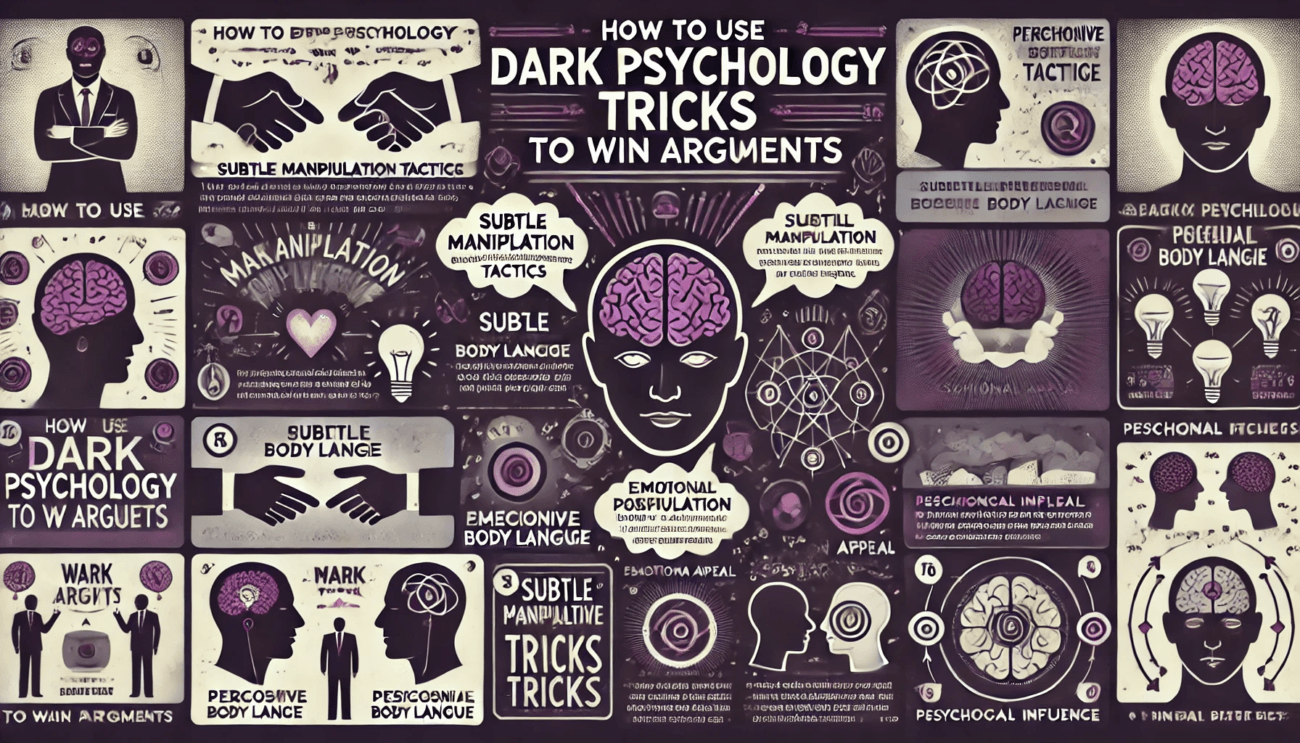Today, I want to delve into some fascinating psychological techniques that often occur in our daily interactions. Using the insights of Dr. Sigmund Freud, we’ll explore how these methods tap into the unconscious mind, influencing behavior and perception without us even realizing it.
1. The Conversation Shift
Description: When someone brings up a topic you’d rather avoid, you might cause a small distraction—like dropping a pen—and then steer the conversation in a new direction by asking an unrelated question.
Freudian Explanation: This technique leverages cognitive distraction and reorientation. According to Freud, our psyche comprises the conscious and unconscious mind. By introducing a minor interruption, you momentarily disrupt the speaker’s conscious train of thought. This creates an opening to redirect the conversation, tapping into the human tendency to adapt quickly to new stimuli. It’s a subtle way of navigating social situations by engaging the ego to shift focus.
2. The Silence Power Play
Description: To encourage someone to continue speaking or to create a moment of reflection, you might deliberately use silence while maintaining eye contact.
Freudian Explanation: Silence can be uncomfortable because it leaves space for unconscious thoughts to surface. Freud believed that in the absence of external input, individuals might project their inner thoughts and anxieties outward. This technique capitalizes on the social norm that conversation should be continuous, prompting the other person’s ego to fill the void, often revealing more information or yielding control.
3. Mirroring
Description: Subtly imitating another person’s body language, speech patterns, or tone to build rapport and foster a subconscious connection.
Freudian Explanation: Mirroring creates a sense of familiarity and trust by appealing to the unconscious desire for social cohesion. Freud’s concept of the id suggests that we are driven by innate instincts, including the need for belonging. By reflecting someone’s behaviors, you signal similarity, which the unconscious mind perceives positively, strengthening social bonds.
4. The Compliment Sandwich
Description: Delivering criticism cushioned between two positive statements—starting with a compliment, providing constructive feedback, and ending with another positive remark.
Freudian Explanation: This method eases the impact of criticism by engaging the ego’s need for self-esteem. The initial compliment satisfies the person’s desire for recognition (the id), making them more receptive to feedback. The concluding positive remark reinforces their self-worth, reducing defensiveness and promoting openness to change.
5. The Subtle Scarcity Trigger
Description: Encouraging someone to act by suggesting that an opportunity is rare or limited, using phrases like “You don’t get chances like this every day.”
Freudian Explanation: This technique taps into the scarcity principle, triggering the fear of missing out (FOMO) rooted in the unconscious mind. According to Freud, anxiety arises when desires (from the id) are unmet. By highlighting scarcity, you stimulate urgency, compelling action to alleviate the unconscious anxiety of potential loss.
6. Strategic Vulnerability
Description: Sharing a small, personal, and harmless secret to encourage others to open up in return.
Freudian Explanation: This leverages the principle of reciprocity and the human need for social intimacy. Freud emphasized the importance of interpersonal relationships in shaping the psyche. By displaying vulnerability, you signal trust, prompting the other person’s ego to reciprocate and strengthen the social bond.
7. The Over-Exaggeration Neutralizer
Description: Responding to an outrageous claim by exaggerating it further, making the original statement seem absurd.
Freudian Explanation: This tactic employs the defense mechanism of projection and rationalization. By amplifying the statement, you force the other person’s ego to reassess and often retract their original position. It disrupts their initial thought process, highlighting inconsistencies and encouraging a return to rational discourse.
Closing Thoughts
Understanding these techniques offers valuable insights into the complexities of human interaction and the unconscious motivations that drive behavior. Freud’s theories illuminate how subtle actions can influence perceptions, often beyond our conscious awareness.
However, with this knowledge comes responsibility. Ethical considerations are paramount; manipulating others undermines trust and can harm relationships. It’s essential to use psychological insights to foster genuine connections and promote understanding rather than control.






